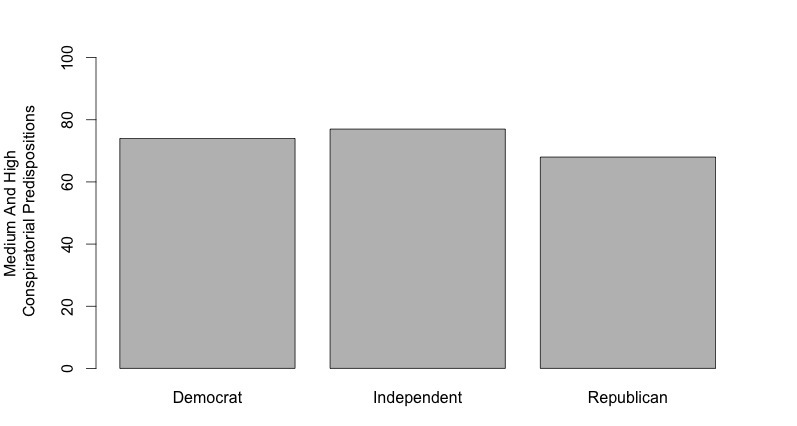The Senator smiled and shrugged. “I never really felt like it was a problem explaining libertarian principles in practical politics. Republicans are champions of economic liberty. Democrats are champions of personal liberty. Bring the two back together.”
The Senator said, “The problem is mostly how people characterize libertarianism. But that’s changing. Libertarian has gone from being something scary to something people like as a label for themselves.”
He said, “There are different ways to get where we want to go.” And gave an example of going nowhere. “Nothing good has come out of the war on drugs.”
“What’s a different way?” I asked.
“I like the unenumerated powers.”
The powers not delegated to the United States by the Constitution, nor prohibited by it to the states, are reserved to the states respectively, or to the people. The Tenth Right in the Bill of Rights keeps us from having just nine rights.
“In The Federalist Papers,” I said, “Hamilton argued against the Bill of Rights on the grounds that government even mentioning rights like free speech implied government had some power over those rights.”
“But it’s a good thing we did write them down,” the Senator said, “otherwise we’d have nothing left.”
Senator Paul asked, not quite rhetorically, “Is this the ‘Libertarian Moment’? If so, it probably won’t come from a third party. Probably it will come from within a party.”
“From within the Democratic Party?” He didn’t seem to think it was inconceivable. “In New Hampshire,” he said, “even Democrats are against state income and sales taxes.”
But he didn’t seem to think it was likely either. “Republicans are an ideological coalition,” he said. “Democrats are a coalition of ideologies. The only thing Democrats agree on is income redistribution.”
Sen. Paul said, “Republicans have tradition on their side. It’s the American revolution versus the French Revolution.”
This was a switch – a flip-flop if you will – from Thomas Paine’s radical liberty de facto to Edmund Burke’s traditional liberty de jure. But I don’t fault the Senator. No friend of liberty can avoid the tumble back and forth between Burke and Paine.
“Tradition is a good thing,” the Senator said. “Ninety percent of Americans don’t break the law, not because there’s a law against it, but because they have a tradition of conscience. Republicans are traditional. But tradition can be boring. Libertarianism spices things up. Republicans have to either adapt, evolve, or die. They either have to water [down] their message — or extend liberty.”




